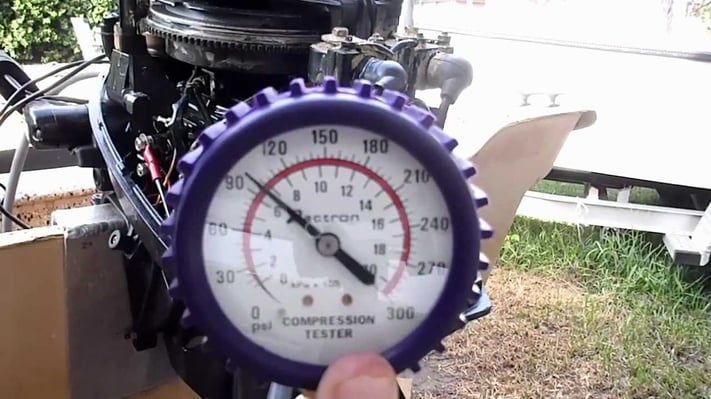Have you ever noticed that used boats hold their value far better than used cars? We see it all the time and it is quite remarkable. It is one of the factors that helps drive up the value of boating as a recreational sport and leisure time activity. Customers often sell (or trade) their used boats for high percentages of what they paid for them. It is not uncommon for a 10 year old used pontoon boat, as an example, to be worth 50-60% of the original purchase price. Try that exercise with a 10 year old car and you might be lucky to get 15-20%.
Why is that? Most boats don't see high usage or hard lives. They are "loved" by owners and families, and babied because of it. They also don't run in dirty areas, or hit potholes, or have to run in the extreme cold and salt conditions of winter. Fibreglass doesn't rust and aluminum is very corrosion resistant. Used cars are abundant and there is a huge inventory of them. That is not the case for used boats.
Because of this, the used boat market is always healthy, and consumers pay good money for the right boats as selection is limited. Paying top dollar for used boats means that you should be cautious that you are getting good value, and used boat buyers need tools to make sure of that. Some of those tools include marine surveys, close visual inspections, mechanical tests, and seatrials. Here are some other tips when buying a used boat.
"And I want a compression test" is something we hear commonly when we sell a used boat. Many used boats buyers think (or have been told by a well-meaning friend) that this is the way to make sure they aren't getting a boat engine that will have problems and cost them money in the future.
What is a compression test? It is a reading of an engine's ability to compress the fuel and air charge in the cylinder (with a piston). It is measured by inserting a fitting into the spark plug's threaded hole in the engine cylinder head, cranking the engine over through multiple rotations, and reading the pressure measurement on a gauge attached by a hose. It is measured in PSI (pounds per square inch) or kPa (KiloPascal).
Internal combustion engines produce power this way. Fuel and air is introduced into the combustion chamber with precise timing, and is then "compressed" into a very small space by the moving piston. At that exact moment of maximum compression, the fuel and air is ignited (usually by a spark plug) and the resulting controlled explosion drives the piston down to produce power.
Like a human body needs oxygen, food, water, and rest to survive and operate, a boat engine requires the three things mentioned above (fuel/air, ignition, and compression). In a human body, if you take one or more of those elements away and the body slowly starts to underperform and eventually dies. However, the human body has the ability to push on with will power, energy reserves, and adrenaline in times of need. In an engine if you take away any one of the three ingredients the engine completely stops. Remove "some" of any one of the components (low compression, improper fuel/air mixture, or weak spark) and the engine will immediately start to underperform.
A compression test would be a partial help (along with a spark check, and some other inspections) if you were not getting a full sea-trial and on the water lake test. This, by the way, is not the right way to buy a used boat (or new for that matter). You should never accept delivery and sign off on all acceptance for a boat until you are thoroughly satisfied with its on the water performance. Test all functions and performance of all of the boat's equipment in real conditions, on the water, under load.
As for the compression test, it is a diagnostic tool. It does not predict how well an engine will run, or how long it will live. It is used to help determine why an engine is NOT running well, not to predict if it will. To use it as a indication of a engine's longevity, is a bit like listening to your breathing to predict your overall health.
If a boat's engine starts properly, idles smoothly, shifts into and out of gear, accelerates onto plane properly, and reaches and maintains WOT (wide open throttle) for a significant period, then the engine HAS TO have good compression. It won't do those things without it.
Is a compression test bad? Not at all. Just don't waste your money thinking that it is a guarantee of a good engine. And whatever you do, do not accept a compression test as a substitute for an "on the water" seatrial...ever!



